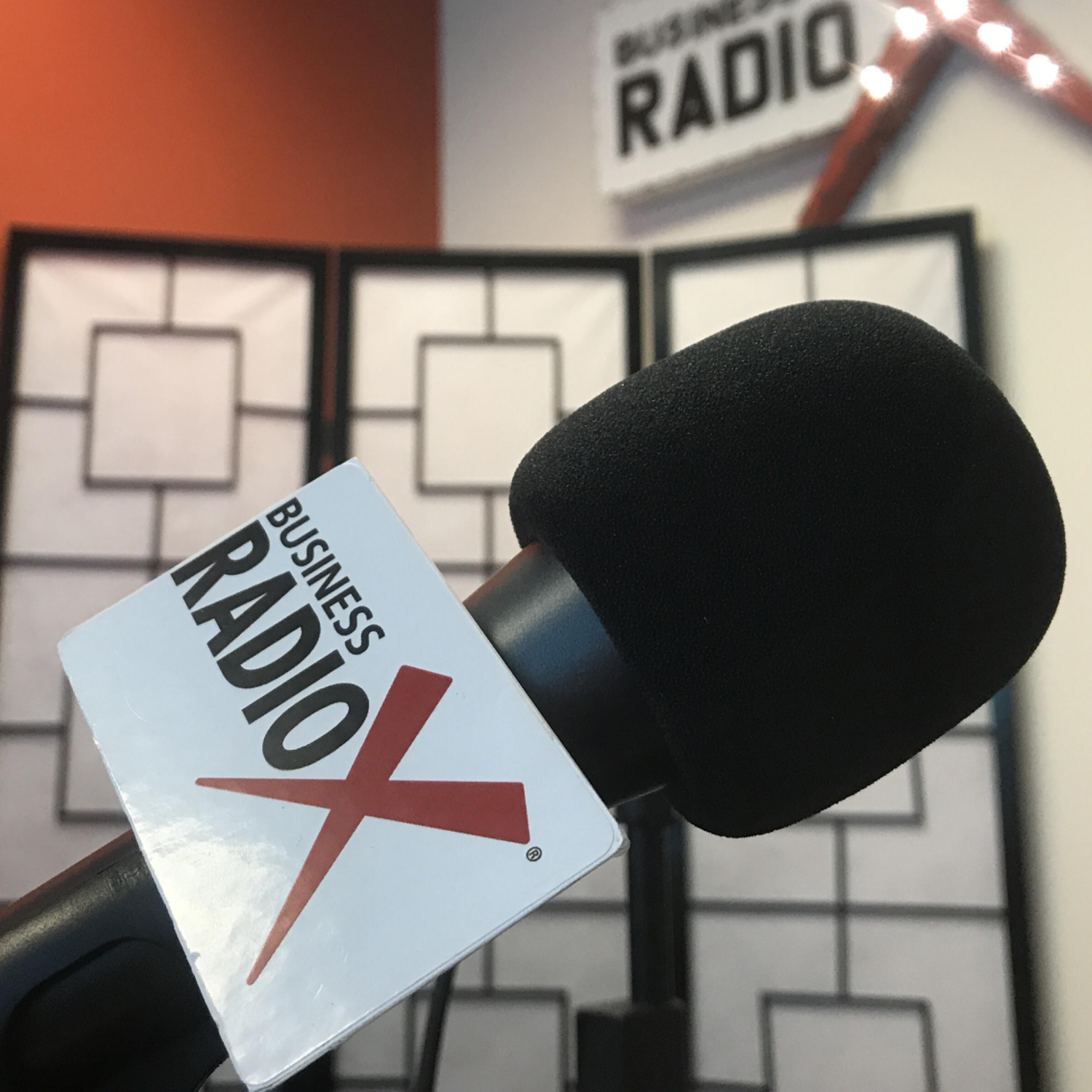
BRX Pro Tip: Live Below Your Means
Stone Payton: [00:00:00] Welcome back to Business RadioX Pro Tips. Lee Kantor and Stone Payton here with you. Lee, this one might, at first, seem like it’s a little bit outside of our circle of knowledge, experience, expertise. But, boy, does it have so much application in our world, and I suspect many of those who are part of our tribe, if you will, plenty of application in their world, simply put, live below your means.
Lee Kantor: [00:00:28] Yeah. And this can be in your personal life, but it can also be in your business life. When you live below your means, then that creates a sense of peace that people who are perpetually trying to keep up with the Joneses can never attain. If you’re focusing on and appreciating everything you currently have, and not constantly chasing all the things you don’t have, then I think that you can find true freedom. Then, you’re not stressed about when that kind of unexpected expense comes in or that new thing, all of a sudden an opportunity comes and you don’t have the resources to do it, so that stresses you out.
Lee Kantor: [00:01:11] If you’re constantly living below your means, then you should have a fund that’s ready to invest in things when opportunity strikes or when a deal happens that, historically, hasn’t been around. If you have an emergency fund, then you have the means to deal with an unexpected, you know, accident that happened or something that you didn’t plan for has occurred. But you have the resources to solve it. It takes away a lot of the stress, and you’re not kind of on the razor’s edge, and fragile, and then everything can explode if everything doesn’t go exactly right.
Lee Kantor: [00:01:50] So, I think it’s worth the investment of sacrificing something in order to live below your means so that you have kind of a fund that helps you survive and thrive when opportunity does strike or if something unexpected happens.
Stone Payton: [00:02:09] Well, I’ll tell you, it’s probably a conversation for another time. But I’m thinking, as you’re speaking, this same principle probably applies to other forms of currency. As one example, the currency of personal energy. You know, maybe you don’t go all out 100 percent of the time, and you give yourself a little bit of reserve in the tank, so that when you do need to draw on that, well, you can when it’s needed.
Stone Payton: [00:02:35] So, yeah, this conversation to be continued. But, certainly, excellent counsel, no doubt, with respect to the financial currency living below your means. It’s such a liberator and it’s such a key. I mean, it’s the cornerstone for many of peace of mind.















